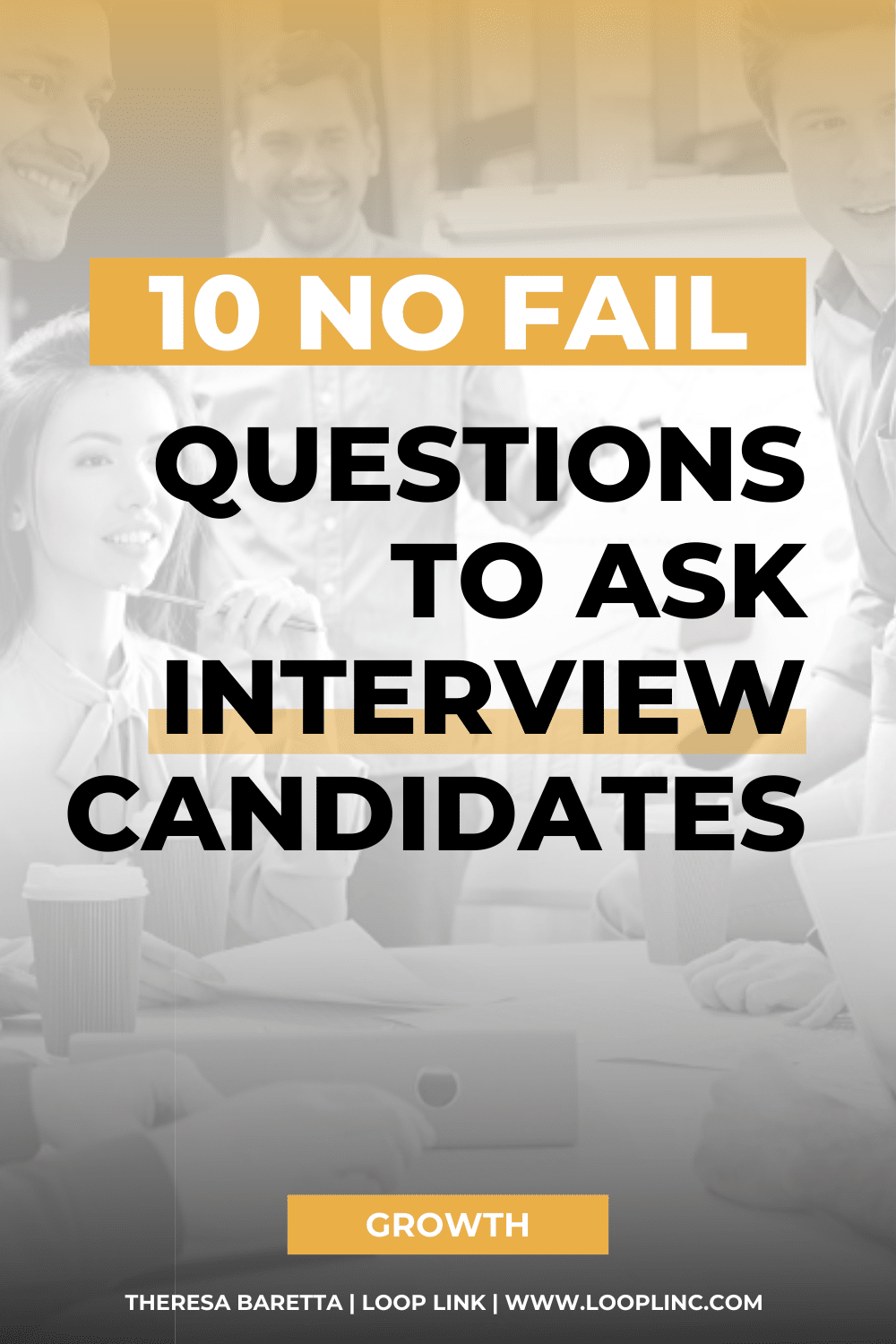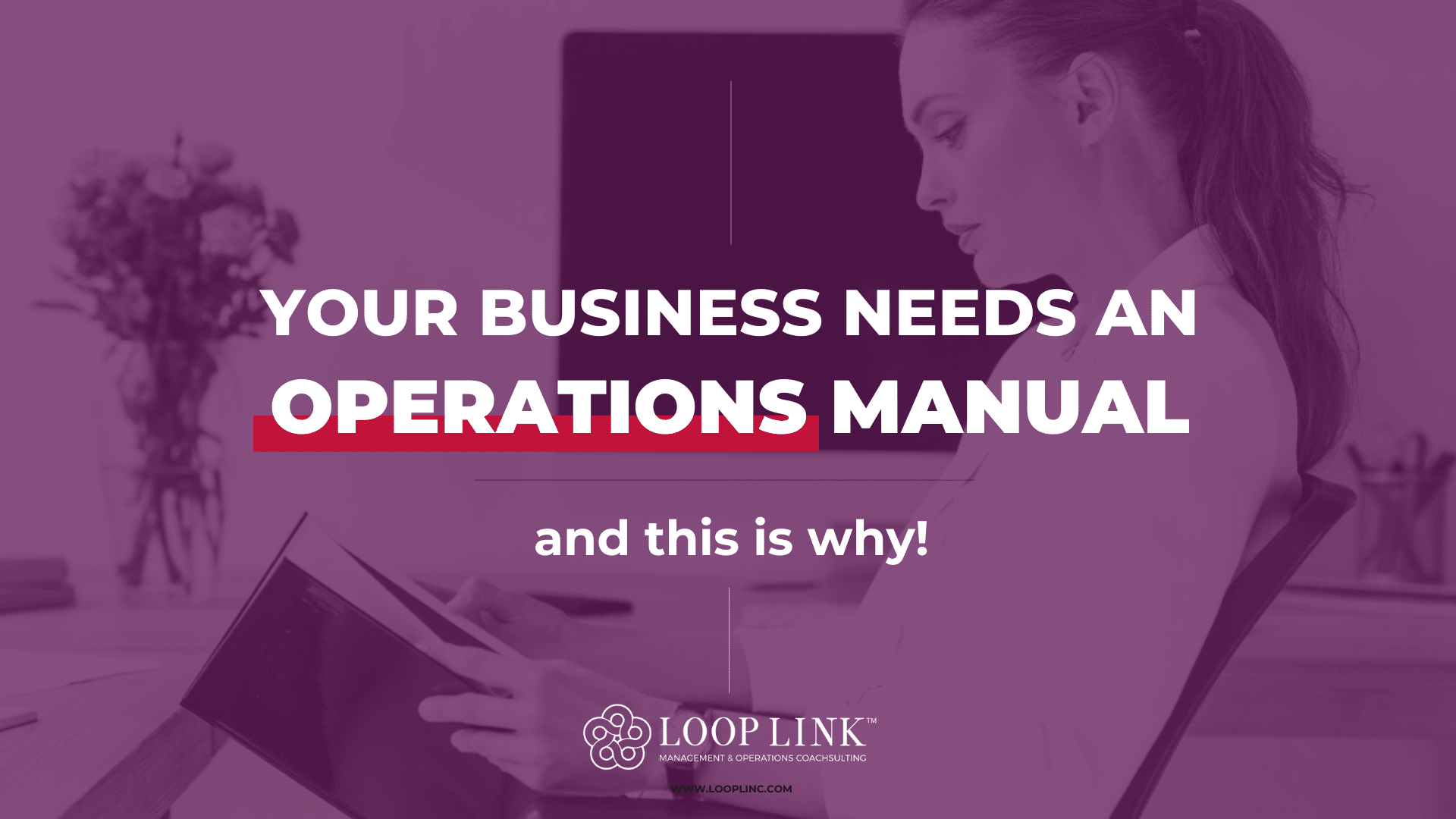Choosing the right candidate for a job out of hundreds (or…*shudders*…thousands) of applicants isn’t easy. After going through resumes, you will have to interview your shortlisted candidates. Asking many interview questions. An interview allows for interpersonal communication and helps you decide if a candidate is a perfect fit for what you need. Whether you’re conducting in-person or virtual interviews, you have the opportunity to evaluate applicants face-to-face.
Below are 10 interview questions to help you achieve the best results from your interview process. There’s no one-size-fits-all answer to each. However, the general information provided will help you decide if both parties have the same expectations.
10 No-Fail Interview Questions to Ask Candidates

1. What is the top skill you have that makes you perfect for this job?
Your top priority is finding someone who understands the job and can get it done. This question will prompt a candidate to tell you, in their own words, if they qualify. In the right answer, the candidate should mention a skill that directly correlates with the position being advertised. If they don’t offer further details, prompt them. Ask them about how they’ve applied those skills at their previous job. You want to be sure that an applicant isn’t just making claims.
2. Tell me about your most significant professional achievement.
Your interview candidates will show up with the intent to impress you. Give them the opportunity. Ask them about their most significant professional achievement. It could be an award or a certificate. It could also be their participation in a team that saved their former company from substantial loss. With this question, you’re not only giving your candidate a confidence boost. You’re also winning a chance to see if they are hardworking people who have gotten recognized for work done.
3. What is your biggest challenge with *priority skill* and how do you manage it?
Remember that top skill we talked about earlier? Well, it’s not just enough that your candidate has it. They should also be good at it. Unless you have a big budget, you’re probably not looking to hire top-experts. However, your final choice should a problem solver who continually improves on their skill sets. They should be experienced at working around challenges or approaching the right people for help when needed.
4. Tell me about someone who you’ve worked with, and how you made a significant impact on their career.
[thrive_leads id=’24633′]The answer to this question will indicate how they measure their impact. If the candidate talks about someone who is a superior career-wise, this could be an indication that they are only interested in looking good on paper. Your ideal candidate should be able to mention one person on their level, or below their level who they chose to help out in a significant way. This indicates team spirit and willingness to help even in the absence of personal gain.
5. Tell me about a disagreement you had with a colleague and how it was resolved.
Soft skills, such as managing workplace relationships, are essential. As a small business, you probably work with a tight-knit team. While it is expected that disagreements will happen, your team members must know how to solve them quickly and efficiently. If your applicant’s answer indicates that they may have been unprofessional or petty due to a disagreement, they may not be the right fit for your team.
6. What are your ideal working style and environment?
The performance of an employee could be affected if they do not fit into the company culture. Their preferred working style and environment should match what you currently provide. Not only will they fit in better, but they would better trust your leadership. A study by CultureIQ shows that 90% of employees at companies with good culture are confident in their company’s leadership.
Also, introducing someone with poor work values could affect the productivity of your company, especially with a small team. Ask this question to avoid hiring a bad egg.
7. Do you have a personal interest in what we do here?
Passion is a known driver for success in business. Finding an employee who shares a passion for what your business is doing will be a major win. I don’t expect that an employee’s passion will match yours as a founder or member of top-level management. However, it’s a bonus if they have a real interest in the mission of the brand. Such employees are often proactive and prioritize their tasks because it’s about more than a paycheck to them.
8. Are you hoping to improve on any particular skills?
According to Udemy’s 2018 Workplace Distraction Report, more employees want training and skill advancement options. 70% of employees believe that training could help them become more focused on their jobs, and also help with time management. However, 66% of employees have spoken to their managers about these training benefits.
From the start, you want to ensure that whoever you hire is interested in improving themselves and their skills. When you ask this question, you also want to establish the fact that training opportunities are open to members of staff. Remember that your interviewee is also trying to decide if you’re a good fit for them or not.
9. Why did you decide to leave your job?
This is a tricky question for applicants to answer, but it can’t be ignored. If an applicant is currently employed, ensure that you ask this question before the interview is over. Look out for red flags in their answers. If they quickly jump into bad-mouthing their current or previous employer, then you do not want that person on your team. It’s okay if a candidate is looking for newer challenges, a more exciting job, or even higher pay. However, if they keep talking about mean bosses and evil supervisors, quickly cross them off your list. Their experience with your company will most likely not be any better.
10. Do you have any questions you would like to ask me?
Your candidates are equally curious about the company and what it offers. They probably have a few interview questions for you too. Most people will not jump right to their questions because they do not want to offend the interviewer. It’s up to you to give them a chance to ask their questions and provide useful answers.
As the interview progresses, don’t be afraid to deviate from your pre-planned list of interview questions. Probe into interesting answers, and find out as much information as needed about your applicants. Find common ground to establish a connection with your candidate. Remember that this process is probably nerve-wracking to them. When you provide a comfortable interview environment for them, it becomes easier to get the answers you’re looking for.
Your Move
Unsure how to implement these solutions within your team?
Do you need an extra hand with team management?








